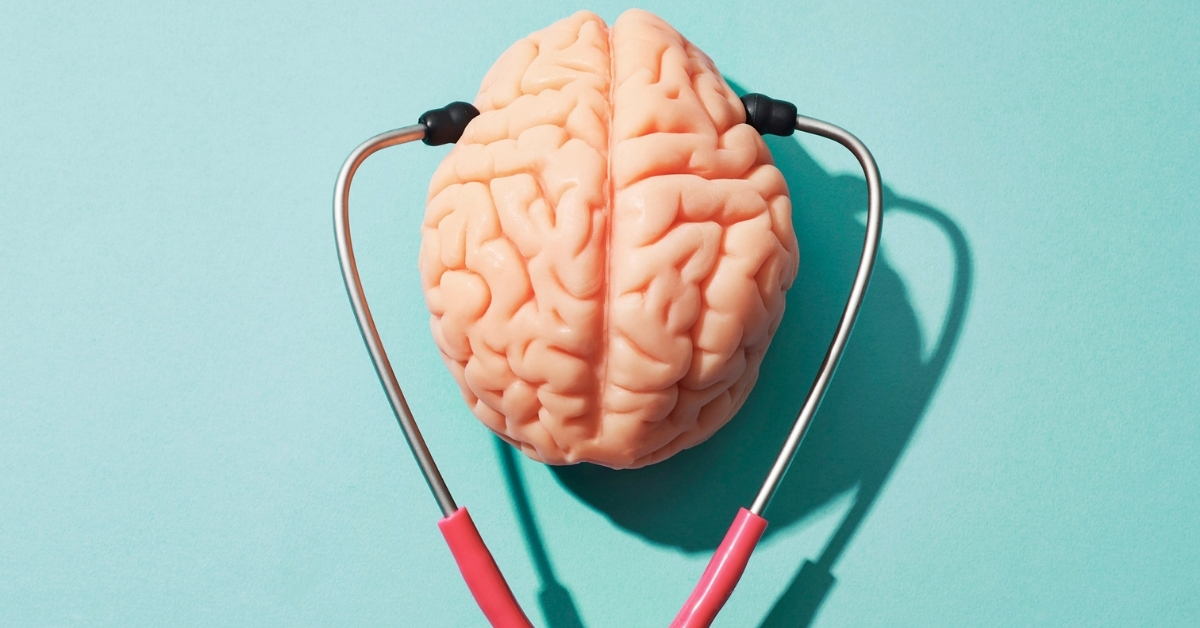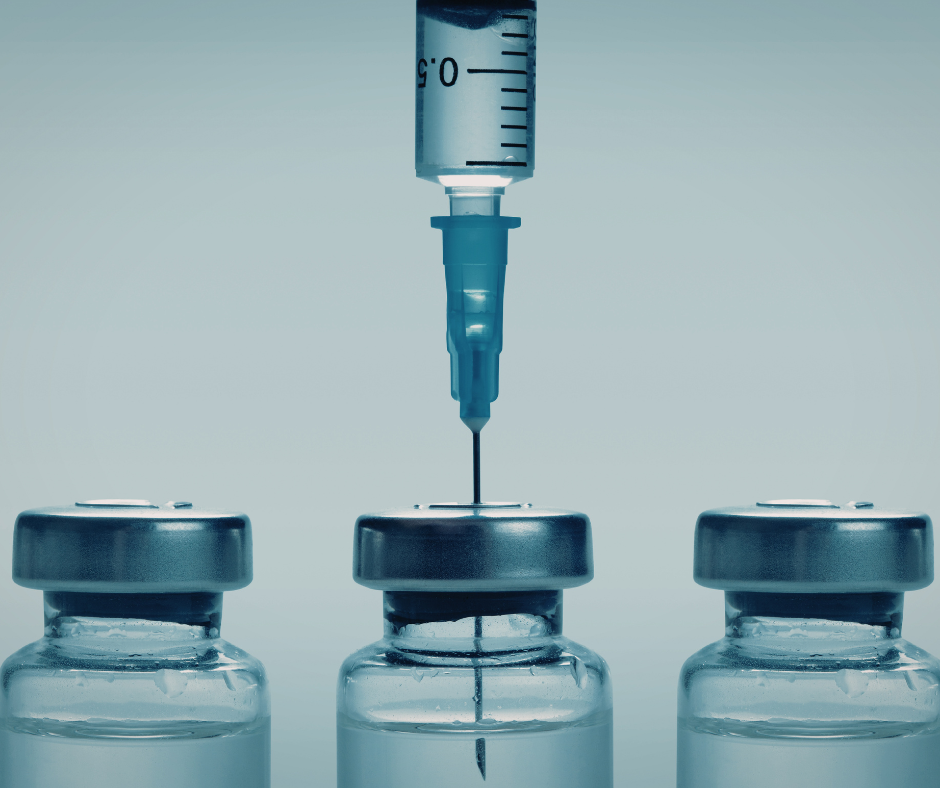Some serious damaging effects arise relating to the excessive production of the Corticotropin-Releasing Hormone and stress response.
Continued stress is not only detrimental to our mental state but also our physical health. If you are under continuous stress, you may find yourself dealing with a mental disorder, such as depression or heart disease as a result.
This article will take a closer look at how your body responds to constant stress and how this response could cause numerous health issues.
What is Corticotropin-Releasing Hormone (CRH)?
Corticotropin-Releasing Hormone (CRH), also referred to as Corticotropin-Releasing Factor (CRF), is the hormone responsible for triggering your body’s central response system to regulate stress. It does so by influencing the release of other hormones and processes within the body to help you cope.
The central response system, called the hypothalamic-pituitary-adrenal (HPA) axis, is a network that brings the central nervous system and the endocrine system together to help you deal with stressful situations.
How Does My Body Respond to Stress?
Under normal circumstances, the CRH and HPA axis response to stress is what helps your mind and body kick into survival mode. All the hormones released in response give your body an energy boost and help focus your mind on the singular act of staying alive.
However, for people who suffer from an anxiety disorder or are prone to experiencing stress in non-life-threatening situations, this process may have the opposite effect.
For example, your body cannot distinguish between stress caused by a life-threatening situation or stress resulting from social anxiety. As a result, your body responds in the same way to both. The problem is that someone suffering from an anxiety disorder will generally feel some level of stress most of the time, which means that the body will essentially be continuously responding to stress.
When Corticotropin-Releasing Hormone levels are high, your body will start producing a stress hormone known as cortisol. Cortisol inhibits the continued release of CRH and deactivates the HPA axis, and activates specific resources needed to manage the source of the stress.
An increase in CRH release and the production of cortisol in the body over extended periods can result in serious health issues.
Can Corticotropin-Releasing Hormone (CRH) Cause Depression?
The production of too much CRH in our systems is linked to increased anxiety and a loss of appetite. Loss of appetite often results in depression, sleep disorders, and eating disorders, such as anorexia. Studies suggested that there may be a direct link between the release of CRH and appetite control.
In an article published in the medical Journal of Neuroendocrinology, Stafford L Lightman of the University of Bristol noted that, in depression patients, there seemed to be a connection between the production of too much CRH and changes to other areas of the HPA axis. He, therefore, concluded that the production of CRH is likely to contribute to the symptoms of depression by regulating the activity of the HPA axis.
How Do CRH and Stress Affect Sleep?
A typical sleep pattern comprises a cycle that begins with light sleep and then progresses into deeper slow-wave and REM sleep. This sleep cycle is set in motion when activity within the HPA axis is at its lowest.
The activation of the HPA axis, therefore, has the opposite effect. The release of the corticotropin-releasing hormone, resulting in an active HPA axis, causes sleep deprivation and disorders.
People suffering from persistent stress and anxiety in this way may begin to experience sleep fragmentation, where they find themselves waking up at intervals during the night. These disturbances often occur at the deeper slow-wave part of the sleep cycle, preventing them from reaching a level of REM sleep.
Should the stress and anxiety continue untreated, sufferers may experience sleep disturbances, such as insomnia.
When someone is deprived of sleep for an extended time due to stress, their bodies start producing cortisol to combat the effects of the central response system. The combination of prolonged lack of sleep and increased cortisol levels has been linked to the development of mental disorders, such as major depression.
Treatments for normalizing CRH production and HPA axis activity may help treat the sleep and mental disorders experienced.
Can Corticotropin-Releasing Hormone (CRH) Affect Muscle Breakdown?
Another side effect of hyperactive CRH production is the presence of inflammation in the body. The production of cortisol is also how your body responds to inflammation.
Cortisol is a potent anti-inflammatory agent, but it also induces a catabolic reaction in the body. The process of catabolism assists the metabolism in breaking down proteins, carbohydrates, and other nutrients and distributing them where needed in the body.
That said, a catabolic reaction induced by circulating cortisol due to stress often results in the breakdown of muscle mass and tissue in the body and could harm the body’s organs.
Joint pain, arthritis, stomach ulcers, cardiomyopathy, and a suppressed immune system are all possible effects of excessive cortisol production.
To reduce stress-related cortisol production, one must look to managing the stress using prescription medication and cognitive-behavioral therapy. Proper nutrition and exercise will also play a positive role.
What is the Correlation Between CRH, Stress, and Increased Body Fat?
As we have discovered, in response to stress, your body releases CRH to activate the HPA axis, and that when it does so regularly, the body will release cortisol to suppress this process.
Consider too that when the corticotropin-releasing hormone activates the hypothalamic-pituitary-adrenal axis, one of the resultant processes is that sugar is released into the bloodstream. This release is to give the body a boost of energy to deal with the situation at hand.
Insulin and Fat
Cortisol also happens to be an insulin suppressant, which means that as your body is experiencing increased blood sugar levels, your insulin is not released and absorbed as needed to regulate sugar levels.
This results in the body becoming insulin resistant, increasing hunger, elevating blood pressure, and promoting weight gain.
Also, suppose your body is experiencing catabolism due to the increased cortisol levels. In that case, your metabolism will not be breaking down fat for fuel, which will result in the storage of fat within your body.
Stress
Constant stress can lead to life-threatening consequences, such as a heart attack or stroke, due to the effects of prolonged CRH and cortisol release. It is, therefore, imperative that you seek medical guidance if you suspect that you suffer from anxiety and are experiencing any mood changes, the inability to sleep, or weight gain.
Test Your Cortisol Levels From the Comfort of Your Home
The DUTCH Cortisol Awakening Response (CAR) test provides advanced insight into your stress response and adrenal function. This at-home saliva test provides your physician with helpful information to help create the best hormone treatment plan for cortisone/cortisol imbalances.
The Cortisol Awakening Response (CAR) test kit includes:
- Easy-to-follow Directions and Requisition Form
- (6) Salivette™ Saliva Collection Tubes
- Resealable Plastic Bag
- Return Envelope with Paid Return Label (Domestic Only)
The results include:
- Analysis of cortisol awakening response (CAR) from cortisone and cortisol
- Graphical representation of results
- Provider notes with specific additional information explicitly created for the patient
Do you have questions about your cortisol testing or how CRH affects your stress and health? Contact Patient Care @EVOLVE today.






